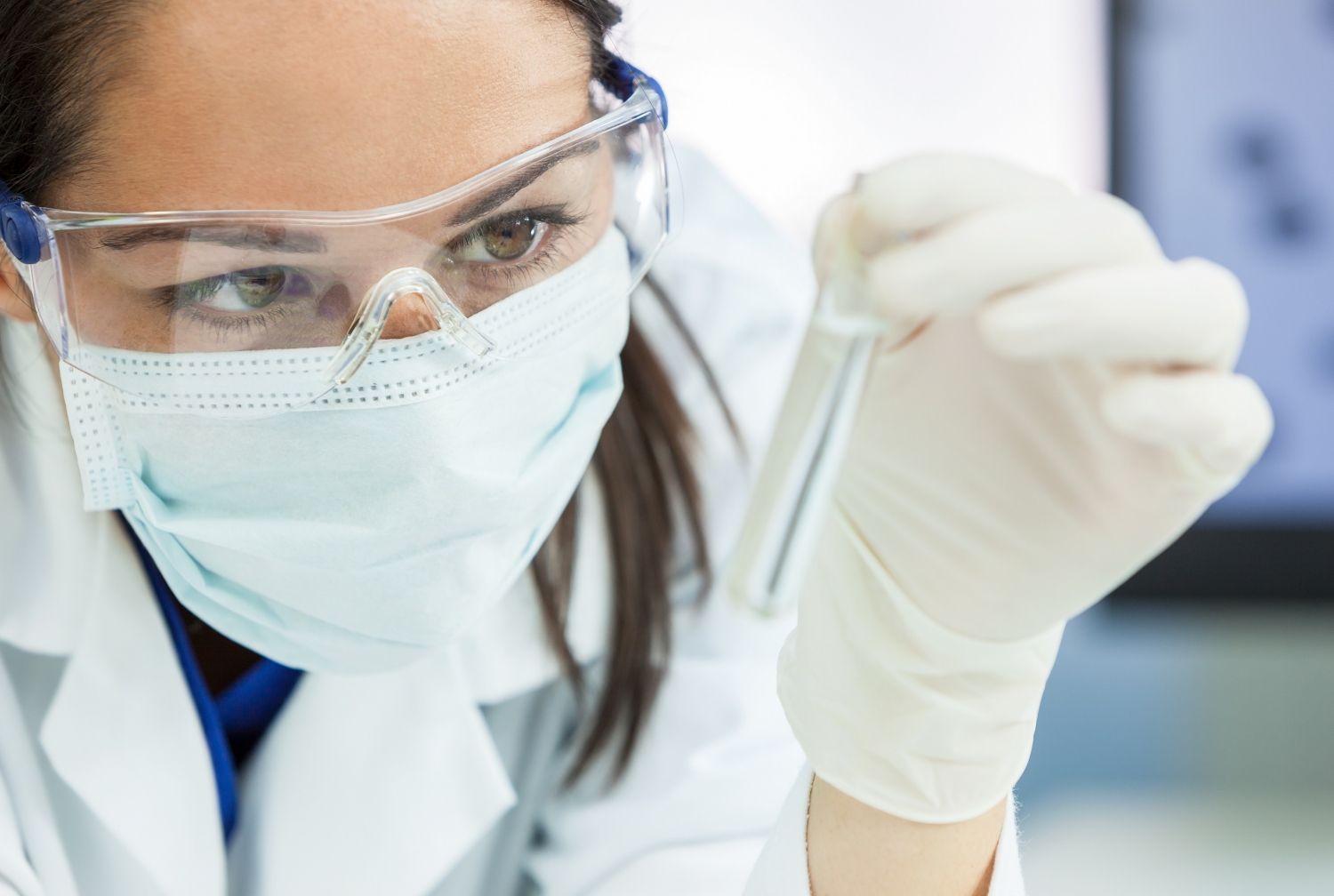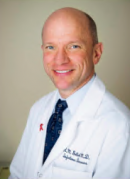
As doctors face the novel coronavirus that causes COVID-19 with a very limited arsenal of treatments, physicians at Weill Cornell Medicine and NewYork-Presbyterian have rapidly mobilized to test candidate drugs in clinical trials. These carefully designed studies are critical to determining whether a drug is truly effective and that positive outcomes are not a result of chance.

Dr. Roy Gulick
“With no current proven treatments for COVID-19, we quickly launched clinical studies testing antivirals that directly target the coronavirus and immune-based therapies to dampen the overactive immune response, in hopes of identifying something that would help our patients,” said Dr. Roy Gulick, chief of the Division of Infectious Diseases and the Rochelle Belfer Professor in Medicine at Weill Cornell Medicine and an infectious disease specialist at NewYork-Presbyterian/Weill Cornell Medical Center.
Antiviral Drug Trials
The first trial tests remdesivir, an experimental drug designed to interfere with the virus’s ability to replicate in cells. NewYork-Presbyterian/Weill Cornell Medical Center is participating in a multi-center trial to test the antiviral, under the leadership of Dr. Kristen Marks, associate professor of medicine in the Division of Infectious Diseases and an infectious disease specialist at NewYork-Presbyterian/Weill Cornell Medical Center.
A common mechanism of action for antimicrobial drugs, and some anticancer drugs, is to use molecules mimicking genetic building blocks that can slow down or stop production of the microorganism’s, or cancer cell’s, genetic material. Remdesivir looks like the building block adenosine, and its introduction to the viral replication machinery can halt further viral genetic material production. In the case of the SARS-coV-2 virus, that genetic material is RNA.
“Last week was an important week for the release of results of three studies with the investigational antiviral, remdesivir, for COVID-19 treatment,” Dr. Gulick said on May 6.

Dr. Kristen Marks
A study sponsored by the National Institutes of Health (NIH) of over 1,000 hospitalized people with advanced COVID-19 reported preliminary results that remdesivir was associated with a 31% faster rate of recovery than a placebo pill and had a trend towards fewer deaths. These preliminary results were part of an NIH press release and have not been presented formally or published. This study reports the first effective treatment results for COVID-19, Dr. Gulick said.
Dr. Gulick added that smaller study from China, published in the journal The Lancet, with about 240 hospitalized patients with severe COVID-19 failed to demonstrate a clinical benefit with remdesivir -- but the study likely was too small to detect a meaningful difference.
“Weill Cornell Medicine and NewYork-Presbyterian are participating in a multicenter study of about 400 hospitalized patients with severe COVID-19 that investigated two durations of remdesivir treatment – 5 or 10 days -- and reported preliminary results showing similar clinical improvement with both. Further results are expected,” Dr. Gulick said.
These three studies, particularly the NIH study, led the FDA to designate remdesivir for “emergency use authorization” for hospitalized patients with severe COVID-19. This is a mechanism whereby an investigational drug is made available before it’s FDA-approved, Dr. Gulick said. Currently, remdesivir remains an investigational drug available at NewYork-Presbyterian/Weill Cornell Medical Center through clinical trials and at WCM-affiliated sites through expanded use protocols, also known as compassionate use.
Immune Response Modulator Trials
The second trial tests sarilumab, a drug designed to prevent the dangerous complications that result when the body’s immune system goes into overdrive. “It appears that in people with severe COVID-19, part of the problem may be due to the body's inflammatory response to the virus,” said Dr. Marshall Glesby, associate chief of the division of infectious diseases and director of the Cornell HIV Clinical Trials Unit at Weill Cornell Medicine and an infectious disease specialist at NewYork-Presbyterian/Weill Cornell Medical Center, who is leading this trial.

Dr. Marshall Glesby
Sarilumab was developed to treat rheumatoid arthritis, an autoimmune disease in which the immune system attacks the body’s joints and organs. The drug blocks a molecule called IL-6, which is central to driving inflammation caused by immune cells. “We have been testing whether dampening inflammation with this drug can stabilize people and prevent their condition from worsening if they're already severely or critically ill,” said Dr. Glesby, who is also a professor of medicine and a professor of healthcare policy and research at Weill Cornell Medicine.
“The preliminary results of this ongoing trial that have been made public suggest that the drug is not efficacious in hospitalized patients with severe, but not critical, illness. Patients with severe illness will no longer be enrolled, and the trial will now focus on patients who require significant oxygen supplementation, including those on ventilators, whose other organs are functioning reasonably well,” said Dr. Glesby.

Dr. Timothy Wilkin
A third trial is testing whether the antimalarial drug hydroxychloroquine can protect front-line healthcare workers from contracting the coronavirus. The trial site at NewYork-Presbyterian/Weill Cornell Medical Center is led by Dr. Timothy Wilkin, an associate professor of medicine at Weill Cornell Medicine and an infectious disease specialist at NewYork-Presbyterian/Weill Cornell Medical Center.
Under ordinary circumstances, clinical trials take months to set up. In the face of this crisis, these arrangements are now done in days. “I'm really proud of all of the efforts that people have put into expediting things to make it happen,” said Dr. Glesby. “They’ve put all their heart into these efforts to advance the science and hopefully help patients by providing access to investigational therapies.”

